Comedy Sketches and Social Commentary: A Match Made in Humor
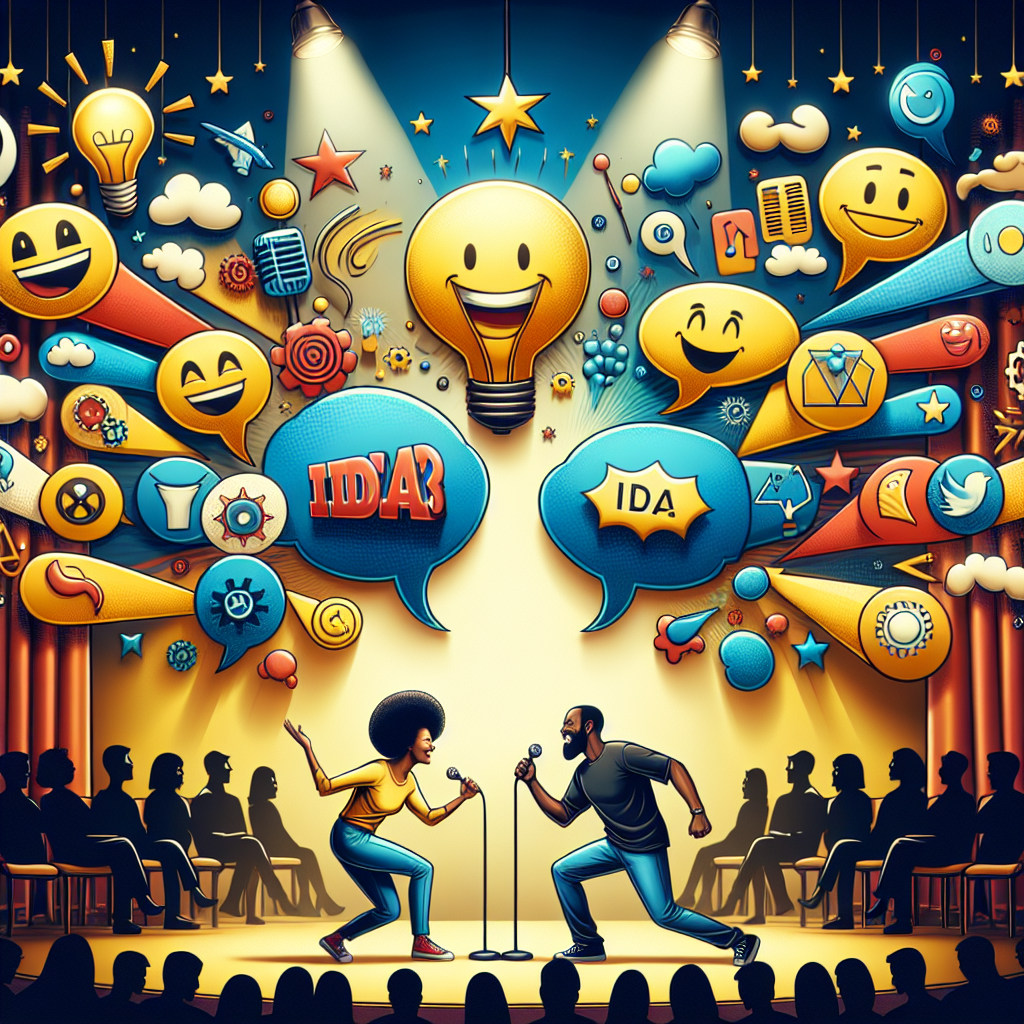
Table of Contents
- Introduction
- The Historical Context of Comedy Sketches
- Origins of Comedy in Society
- Development of Sketch Comedy
- The Role of Humor in Social Commentary
- Breaking Down Barriers
- Amplifying Voices
- Crafting Effective Comedy Sketches
- Understanding Timing and Delivery
- Writing Relatable Content
- Navigating Controversy in Comedy
- The Fine Line of Satire
- The Role of Audience Reception
- Examples of Successful Comedy Sketches
- Historical Examples
- Contemporary Illustrations
- The Evolution of Sketch Comedy in the Digital Age
- Social Media as a Platform
- Challenges and Opportunities
- The Future of Comedy Sketches and Social Commentary
- Trends to Watch
- The Importance of Authentic Voices
- Conclusion
Introduction
Comedy has long served as a powerful vehicle for social commentary, often reflecting societal issues through humor. Comedy sketches, in particular, offer a unique lens through which audiences can engage with complex topics. In this article, we will delve into the intricate relationship between comedy sketches and social commentary, exploring their history, significance, and the impact they have on society today.
The Historical Context of Comedy Sketches
Origins of Comedy in Society
Comedy has existed since ancient times, evolving alongside society itself. From the satirical plays of ancient Greece to the stand-up routines of modern comedians, the genre has always held a mirror to social norms, political structures, and cultural issues. Historically, humor has been a means of coping with adversity and challenging authority, whether through political satire or commentary on social norms.
Development of Sketch Comedy
Sketch comedy emerged as a distinct genre in the late 19th and early 20th centuries, characterized by short, humorous scenes or vignettes. It has been a staple of television programming since its inception, giving rise to such iconic shows as "Saturday Night Live" and "Monty Python’s Flying Circus." These shows frequently comment on societal issues, making comedy sketches not just entertainment, but a platform for discussion.
The Role of Humor in Social Commentary
Breaking Down Barriers
Comedy has a unique ability to break down barriers that might otherwise prevent open discussions about sensitive topics. Through humor, comedians can approach difficult subjects—such as race, gender, and politics—making them more accessible and less intimidating. This democratization of dialogue can foster understanding and provoke thought among diverse audiences.
Amplifying Voices
Comedy sketches often serve as a platform for marginalized voices. By highlighting issues faced by specific communities, comedians can amplify social injustices and call for change. This not only raises awareness but can also lead to social action. Notable examples include works by comedians like Dave Chappelle and John Oliver, who use their platforms to spotlight systemic issues while delivering humor.
Crafting Effective Comedy Sketches
Understanding Timing and Delivery
The effectiveness of a comedy sketch often hinges on timing and delivery. Comedic timing involves the strategic placement of punchlines and pauses that maximize audience laughter. Effective delivery, whether through facial expressions or vocal inflections, enhances the comedic impact and ensures that the underlying social commentary is received.
Writing Relatable Content
For comedic sketches to resonate with audiences, the content must be relatable. The best comedy draws from everyday experiences, cultural norms, and shared frustrations. By grounding sketches in familiarity, comedians can create a connection with their audiences, making the social commentary more poignant and impactful.
Navigating Controversy in Comedy
The Fine Line of Satire
Comedy often walks a fine line between satire and offense. While humor can be a powerful tool for social critique, it can also risk alienating audiences if not handled carefully. The challenge lies in balancing the intent of the commentary with the potential for misunderstandings. Comedians must remain aware of their audience’s experiences and perspectives to avoid crossing into offensive territory.
The Role of Audience Reception
The effectiveness of comedy sketches as social commentary often depends on audience reception. What one group finds humorous, another might view as offensive or trivializing. Thus, the context in which humor is delivered greatly influences its impact. Comedians and writers must navigate this landscape thoughtfully, as the reception shapes the ongoing conversation around social issues.
Examples of Successful Comedy Sketches
Historical Examples
Historically, sketches like those from "Saturday Night Live" have tackled pressing social issues through humor. For instance, during election seasons, the show has produced sketches that critique candidates and policies, using humor to shed light on the absurdities of politics.
Contemporary Illustrations
Contemporary examples also abound, such as the sketches produced by "Saturday Night Live" featuring political figures or social issues. John Oliver’s "Last Week Tonight" blends investigative journalism with satire, effectively using humor to address complex issues such as healthcare, inequality, and political corruption.
The Evolution of Sketch Comedy in the Digital Age
Social Media as a Platform
In recent years, social media has transformed how comedy sketches reach audiences. Platforms like YouTube and TikTok offer a stage for emerging comedians to create and share sketches. This democratization allows for diverse perspectives and unique voices in social commentary, often leading to viral sensations that provoke national conversations.
Challenges and Opportunities
While social media offers broader audiences, it also presents challenges. The instantaneous nature of digital platforms means that sketches can quickly go viral, but the rapid spread can lead to misinterpretation or backlash. Comedians must navigate these challenges while remaining committed to their artistic vision and social commentary.
The Future of Comedy Sketches and Social Commentary
Trends to Watch
As societal issues evolve, so too will the format and content of comedy sketches. Future trends may focus on intersectionality, climate change, and the ongoing struggles for social justice. Comedians will likely continue to serve as both entertainers and activists, using humor to provoke dialogue and champion change.
The Importance of Authentic Voices
To remain relevant and impactful, comedy must maintain authenticity. Comedy sketches created by individuals from within affected communities provide unique insights that can resonate deeply. Elevating authentic voices is critical for meaningful social commentary, ensuring that humor aligns with lived experiences.
Conclusion
Comedy sketches and social commentary have a rich history intertwined with human expression and societal reflection. Utilizing humor to address complex and often painful topics, comedy serves as both a mirror and a catalyst for change. As we move forward, the importance of this relationship will only grow, emphasizing the need for genuine voices and thoughtful humor in fostering understanding and dialogue within society.
For more on topics related to social media and modern comedy, check out this insightful article: The Impact of Social Media on Comedy.
To understand the dynamics of comedy in marketing, visit our article on Effective Marketing Strategies.
This article focuses on the relationship between comedy sketches and social commentary through a professional lens, while ensuring clear readability and proper SEO optimization.
Latest Posts
You Might Also Like

Lorem ipsum dolor sit amet, consectetur adipiscing elit. Ut elit tellus, luctus nec ullamcorper mattis, pulvinar dapibus leo.
TOP NEWS
Copyright © 2025 FunnyShowStreaming.site | All rights reserved.





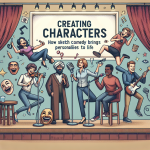






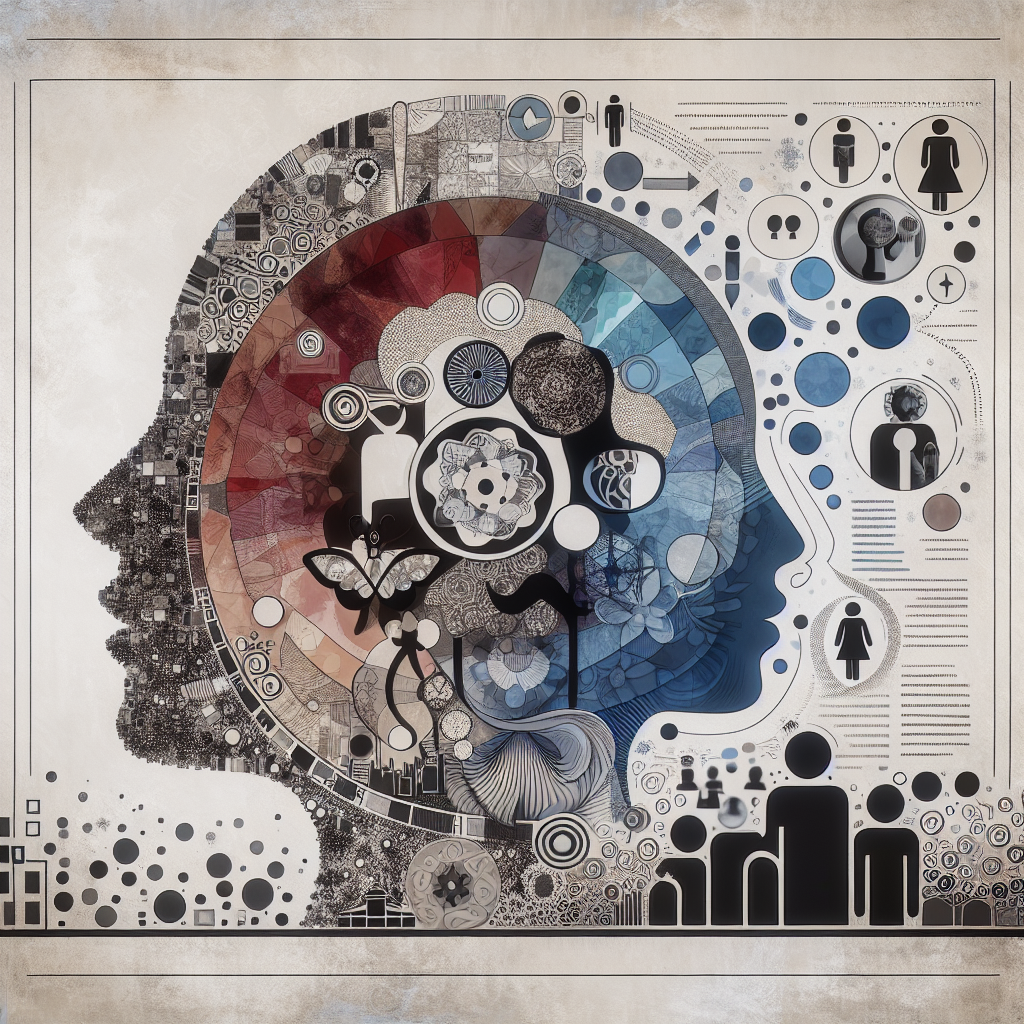

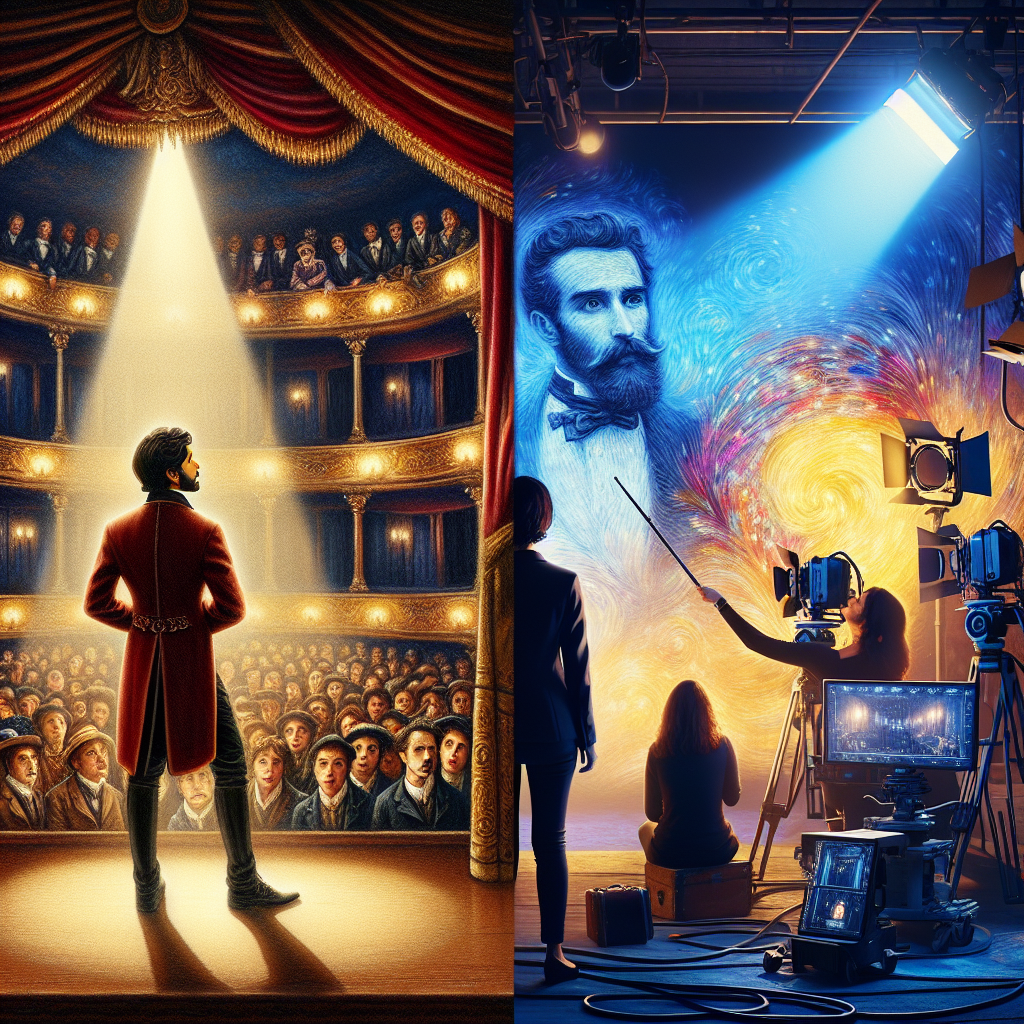
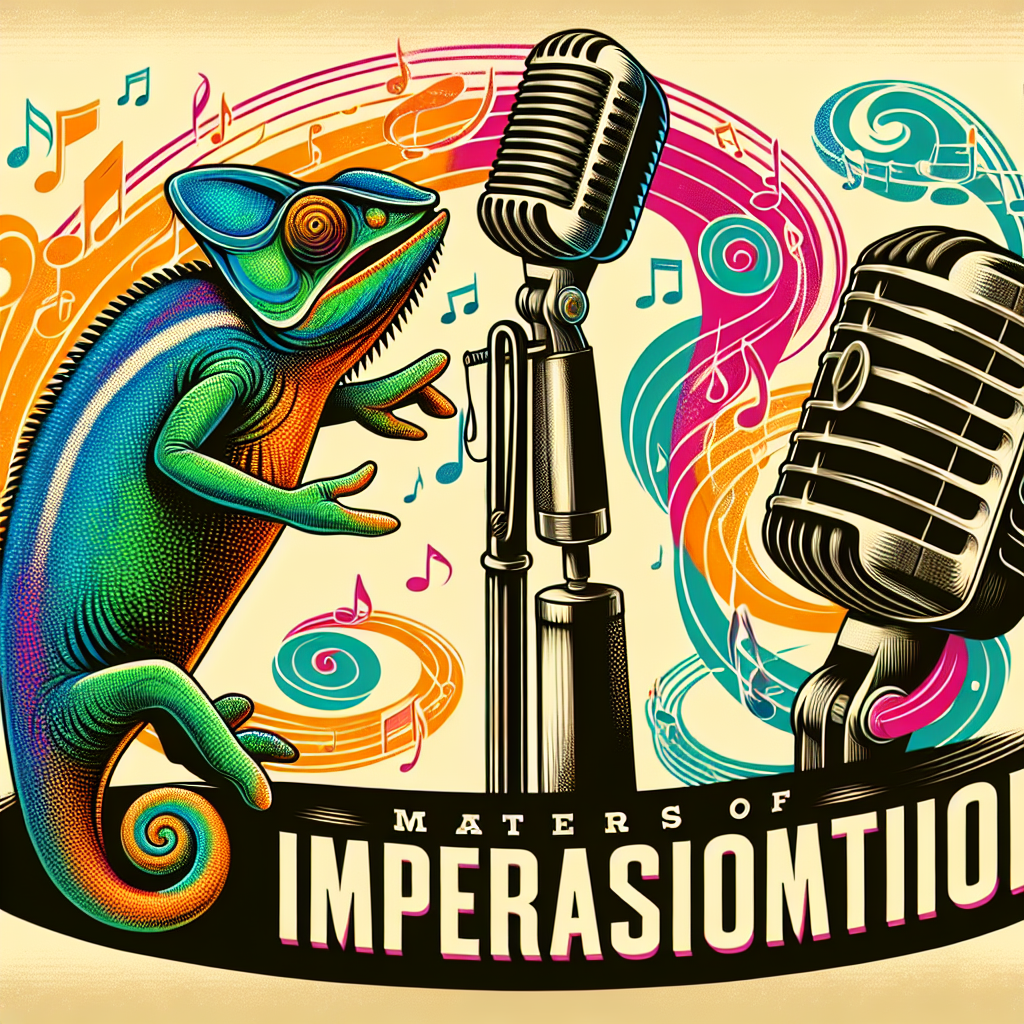



Comments are off for this post.